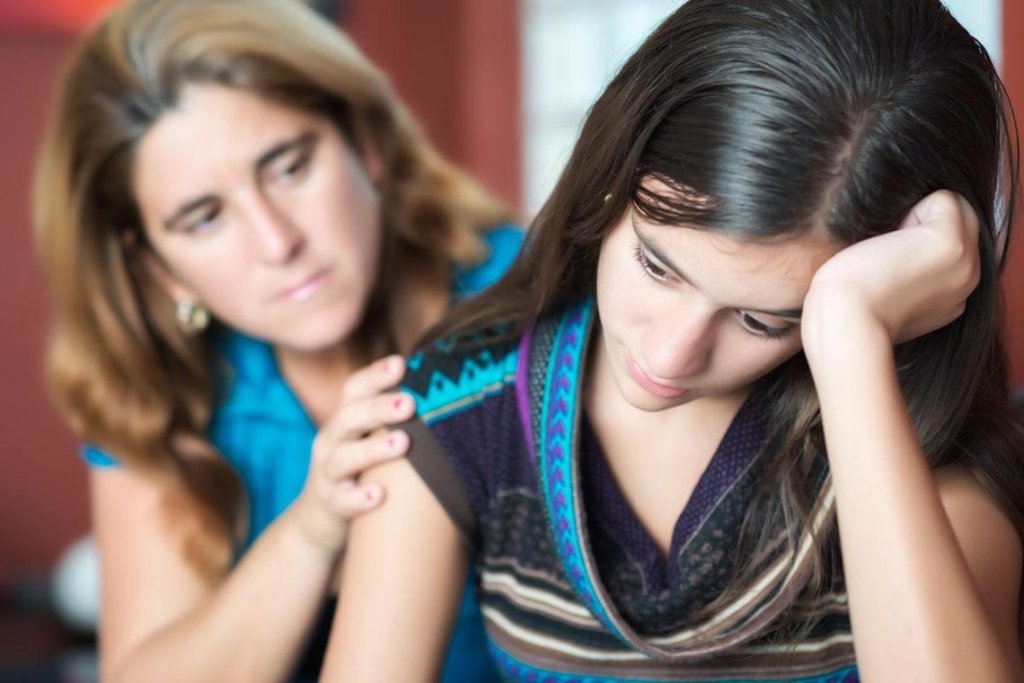Adolescence can be awkward for many teens. Apart from dealing with physical changes, they have to contend with fitting in with their peers. All of these, when added up, can take a toll on a kid’s self-confidence.
But why does self-confidence matter so much among teenagers?
Self-esteem and self-confidence are often used interchangeably. However, these two are different though related to one another.
Self-confidence refers to a person’s belief that he or she can successfully overcome a challenge or situation. Self-esteem, on the other hand, accepting and feeling good about one’s self. It is possible to have high self-esteem and low self-confidence.
A person’s self-confidence level is not something that is fixed. It can go up or down, depending on a few factors, including experiencing significant life changes like going through adolescence. According to some studies, teenagers typically have low self-confidence.
Self-confidence in teens matters so much because it enables them to make better choices in their young lives. The more confident a young person is with him- or herself, the more likely he or she is able to avoid difficult people and challenging situations.
Signs of low self-confidence in teens

Low self-confidence in teens can manifest in a variety of ways.
One of the most obvious signs that parents can immediately see is in their body language. A kid lacking in self-confidence will have poor posture and often does not make eye contact.
These teens are often shy and find reasons to avoid mingling with people. If they do tag along for social situations, they will rarely participate.
Some kids who previously did well in school may get low grades because they hold themselves back. There are also other kids who give in to peer pressure and do things that are uncharacteristic to their nature.
How to raise a self-confident teen

Parents can contribute significantly to helping their children build their self-confidence. Here are some strategies that you can try now.
1. Focus on the effort
Often, parents praise their kids for the outcomes they are able to achieve. The problem is that, in most cases, they can’t control the results, only their effort. As such, you should be generous with your praise with regard to your child’s attempt to do well in his or her chosen activity.
2. Help your child accept his or her deficiencies
Not everyone can be perfect, and everyone has his or her own faults and weaknesses. One of the most important things that you can teach your child is to illustrate that concept and let him or her embrace his or her flaws while striving to become better.
3. Encourage your child to try new things
Confidence comes from doing. The key here is finding an activity that your teen can try, and perhaps even excel in. Often, teens are afraid to try new things because of the fear of failure. As a parent, you should encourage him or her to find an activity that he or she enjoys, be it sports, music, or even becoming a teen model.
4. Help your teen to become more assertive
Assertiveness does not necessarily mean getting what you want all the time. For a teen, it can be as simple as asking for help when he or she needs it; or taking a stand when he or she feels that he or she is not being treated right by his or her peers.
5. Teach your child self-talk
Words have power. What you say to yourself will have an impact on your life. This is why it is vital for parents to teach their teens to talk to themselves in a healthy, positive manner. Self-criticism is not inherently bad. It’s how you frame your talk with yourself that can be positive or negative.
6. Practice what you preach
Your kids pick up on what you do and what you say, verbally and physically. And one of the easiest ways to teach your teen to become more self-confident is to become his or her role model. Watch what you say in front of your child and strive to become a positive influence on him or her.
Finding the right balance

One of the worst things that you can do to your teen is to restrict his or her freedom. Your intentions may come from the right place as you want nothing but the best for him or her.
However, you must temper your good intentions and allow your teen to experience life and be there when he or she makes a mistake. And when mistakes do happen, strive to make them into lessons to be learned and understood.
AUTHOR BIO
Adam Jacobs is the Managing Director of Bubblegum Casting, the longest running agency specialising in babies, children and teen talent in Australia. Bubblegum Casting works with some of Australia’s biggest brands, media properties and agencies to secure talented children to work in Television, Film and Modelling roles.